Stories

Puff. Puff. Pass.
At the crossroads of teen culture and technology lies vaping – a health crisis that few are paying attention to, and fewer still understand. At Schulich Medicine & Dentistry, researchers are attempting to deconstruct this phenomenon and its impact on the health of our youth.
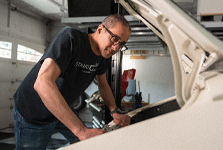
Failing Faster
How can we make it less expensive and risky to develop cures for diseases like dementia, Alzheimer’s and Parkinson’s? That’s the question Ravi Menon and his all-star team are pursuing. And their mission is intensely personal.
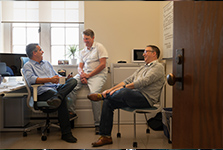
Old Friends, New Foes
About 20 years ago, they scratched out ideas for a viral vaccine seed bank on a paper napkin. Now, a trio of old friends is finally making it happen, positioning Schulich Medicine & Dentistry as a world leader in the fight against emerging infectious diseases.
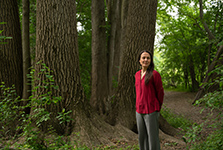
Seeing with Two Eyes
Nicole Redvers brings an Indigenous perspective to the effects of climate change on our health.
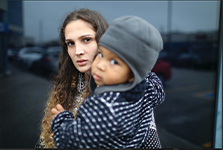
Opening Wider
Federal plans to fund more patients mean both opportunity and disruption for Schulich Dentistry. And that’s a good thing, as the School expands its service-learning opportunities.
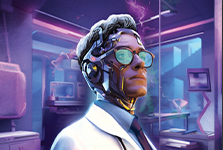
Dr. Chatbot Will See You Now
The AI revolution has arrived – in case you haven’t heard – and its benefits and drawbacks are the subject of speculation, especially in the world of medicine. At Schulich Medicine & Dentistry, many world-leading experts and scientists have been using AI for years. While most of them are optimistic about the role AI will play in revolutionizing health care, their positive outlooks are tempered with concerns.
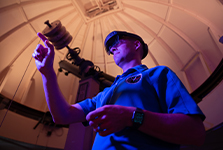
Eyes on the Skies
The boom in Space travel poses massive challenges in keeping astronauts healthy in Space. Schulich Medicine & Dentistry researchers, faculty and alumni are already out there, carving out a leadership role for the School – a journey that has benefits for health care on planet Earth.
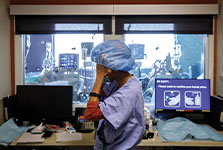
Code Blue
For many Canadians, the pandemic is over – but not for our health-care workers. How have they fared through the pandemic? And are we doing enough to take care of those who took care of us?
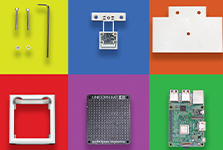
Less is More
COVID-19 showed us how quickly innovation can happen, when demand for traditional medical supplies and devices outstripped supply. What would happen if we applied that same ingenuity and energy to health-care challenges in remote and resource-constrained places?

Got Doc?
The pandemic laid bare the widening gaps in a health-care system that is battling the dual problems of lack of staffing and burnout. How do family doctors fit into the mix?








